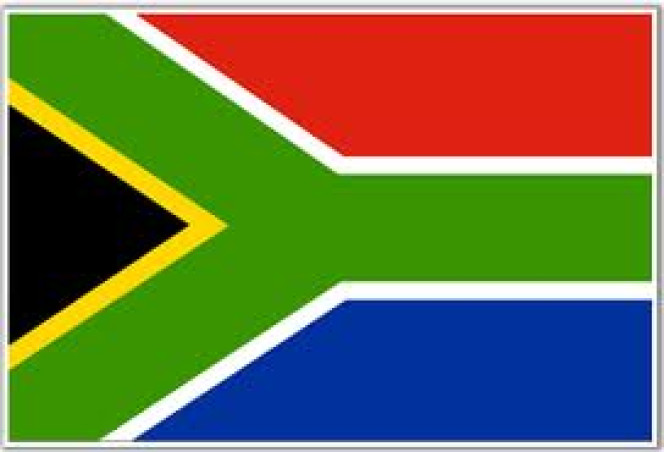SOUTH AFRICA:Travel wallets a boon for banks

The introduction of foreign currency travel wallets is proving a boon for South Africa’s major banks.
The chip and pin protected cards – some of which can be loaded with up to four currencies such as the US dollar, Australian dollar, pound sterling and euro at once – are marketed as safe, convenient and easy to use while abroad.
Anthony Grant, CEO of FNB Foreign Exchange said new card volumes grew by 110% from 2015 to date. Absa and Standard Bank reported steady growth in their own travel wallet offerings, with the former issuing thousands of new cards and reloads on a monthly basis. Demand for the cards is said to be consistent year-round, peaking during school holidays in June/July and over the festive season.
The rise of travel wallets coincides with a fall in demand for traveller’s cheques, with the three banks having already decommissioned the sale of traveller’s cheques.
“Demand for foreign notes is still high because people seem to prefer to have more than one payment option while abroad,” Grant said.
According to Arno von Helden, Shyft product manager and head of trade and forex for personal, business and commercial banking at Standard Bank, the lower operational costs associated with issuing travel wallets make them more favourable than foreign notes for banks.
“We are able to service our customers on demand, [there is] no need to order cash. Another advantage is that the travel wallet card offering has multiple revenue streams including the fee and margin earned on the foreign exchange transactions, the card activation fee, a currency conversion fee and ATM withdrawal fees,” he said.
To minimise ATM withdrawal fees, customers can withdraw cash for no extra charge at the tills of stores which offer cashback. “This is really useful in places where the local bank has an additional charge to tourists for withdrawing cash from an ATM,” said Daniel Buntman, head of retail international banking at Absa.
Foreign exchange pricing is the same on travel wallets and foreign notes, with a higher commission on foreign notes due to the higher operational and cash-in-transit costs.
By buying foreign exchange upfront via the travel wallets, the banks said travellers can “hedge” against exchange rate fluctuations. The travel wallets can also be managed via online banking or mobile apps and be topped-up while abroad or reloaded at a later stage.
An important safety feature of the travel wallets is that they are not linked to traveller’s bank accounts so no personal information can be shared or obtained if the card is lost or stolen, said Grant.
Inactivity fees kick in 12 months after no-use and if there is a balance on travel wallet. Neither Absa, FNB nor Standard Bank penalise customers for failing to convert unused foreign exchange to rands within 30 days of returning to South Africa, as per Sarb regulations.
The bank’s, which offer travel wallets to their own customer base as well as that of their competitors, are also looking to enhance their offerings in the face of growing competition.
Absa is currently offering existing cardholders, who reload their wallets with R20 000 or more rewards amounting to 2% or up to R3000 of the total value of the reloaded. “Our understanding is that we are the only bank to offer a loyalty reward for cash passports,” said Buntman.
Standard Bank is looking into launching an enhanced global wallet app to provide users with improved travel wallet capabilities.
Nedbank declined to comment.
SOURCE:MONEYWEB
 Africas leading resource for digital financial services
Africas leading resource for digital financial services


comments